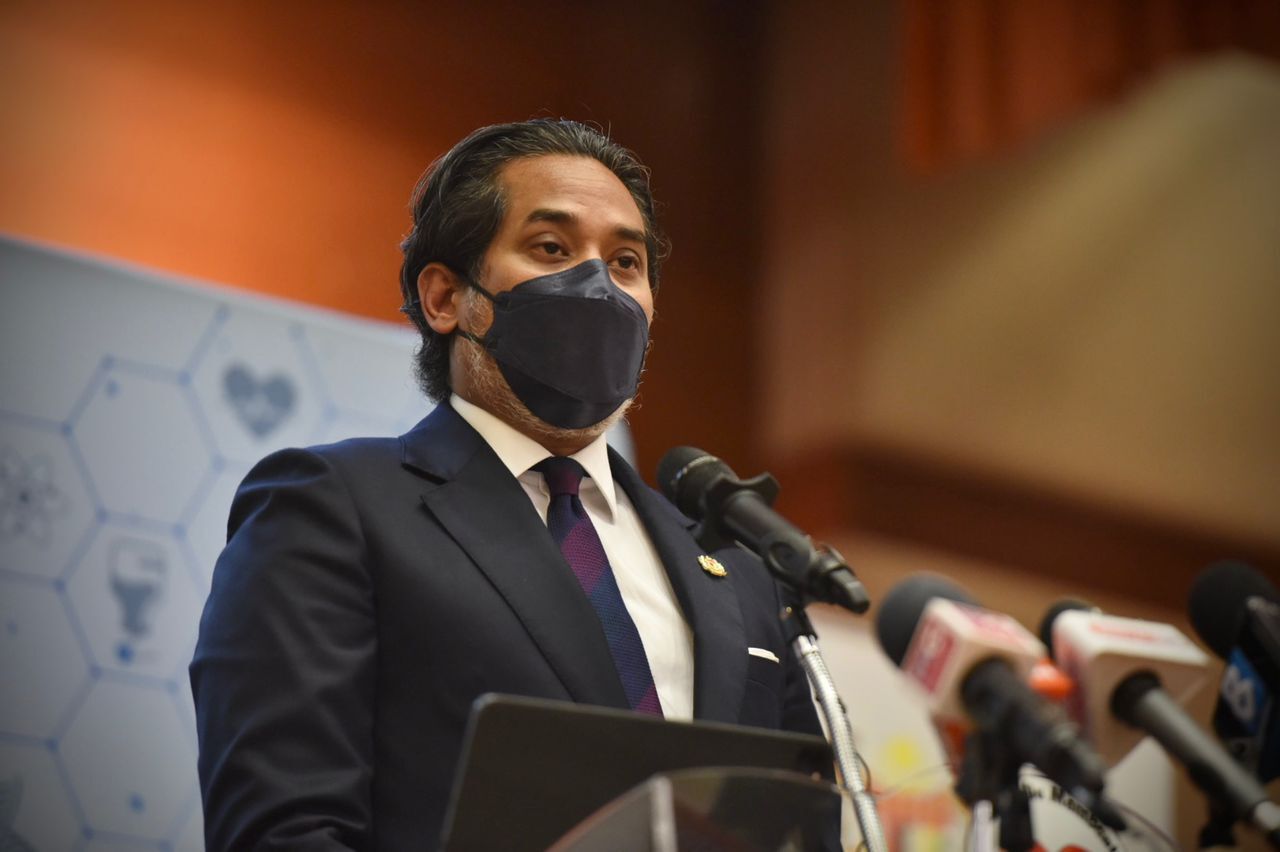KUALA LUMPUR, Dec 3 — The first Covid-19 case with the Omicron variant has been reported in Malaysia in a foreign student who arrived here on November 19 from South Africa, five days before the world was alerted of the new strain.
Health Minister Khairy Jamaluddin announced today that the imported Omicron case of the 19-year-old woman, who was double vaccinated with Pfizer, was discovered after the Institute for Medical Research (IMR) ran PCR genotyping assay on 74 positive Covid-19 samples detected at the Kuala Lumpur International Airport from November 11 to 28.
South Africa previously raised the alert about Omicron, which is believed to be more transmissible than Delta, on November 24, before the World Health Organization (WHO) classified the B.1.1.529 strain a variant of concern on November 26.
IMR subsequently ran whole genomic sequencing after one of the 74 samples tested with PCR genotyping assay indicated a possible Omicron case, with the sequencing confirming yesterday the Omicron infection.
Khairy said the 19-year-old woman — who did an RT-PCR test upon arrival in Kuala Lumpur International Airport (KLIA) on November 19 after transiting through Singapore from South Africa — underwent a 10-day quarantine at accommodation provided by her private university in Ipoh, Perak. Her test result showed positive for Covid-19 on November 20.
She was self-isolating at an apartment in Ipoh, as two of her housemates stayed elsewhere during her quarantine that ended on November 29.
Khairy said the 19-year-old, who did not show symptoms, followed her home surveillance order dutifully.
The student took a bus to travel to Ipoh from KLIA. Khairy said five people — bus passengers and driver — who were identified through contact tracing showed negative results in two Covid-19 tests. They were also given mandatory quarantine orders.
“We did contact tracing that was quite intensive on this case to know who was involved, or who was around the case, including those who were on the plane, those who checked in at the same area at KLIA, and investigations are continuing to ensure no cross infection,” Khairy told a press conference today.
“Because this case happened on 19 November, because we looked at previous samples to do PCR genotyping assay, and we did whole genomic sequencing, we found that the current system works — our quarantine, contact tracing, pre-departure test, on-arrival test.
“In this case, although it was an imported case, because the current system works, this case so far did not cause other infections.”
He added that despite the Omicron case, coronavirus infections have not increased in Ipoh.
The student who was infected with Omicron, her two housemates, three students who had close contact with her, a bus driver, and a university staff will also be swabbed with the RT-PCR test today again.
Khairy said travellers arriving from high-risk countries at KLIA will be given a digital tracker device throughout their quarantine period.
All international arrivals at Langkawi in the Langkawi travel bubble must test with professional antigen RTK on Day Three and Day Five post-arrival.
The Singapore vaccinated travel lane will continue for now.
Malaysia is still retaining eight countries from southern Africa on its red list of travel restrictions: South Africa, Botswana, Eswatini, Lesotho, Mozambique, Namibia, Zimbabwe, and Malawi.








